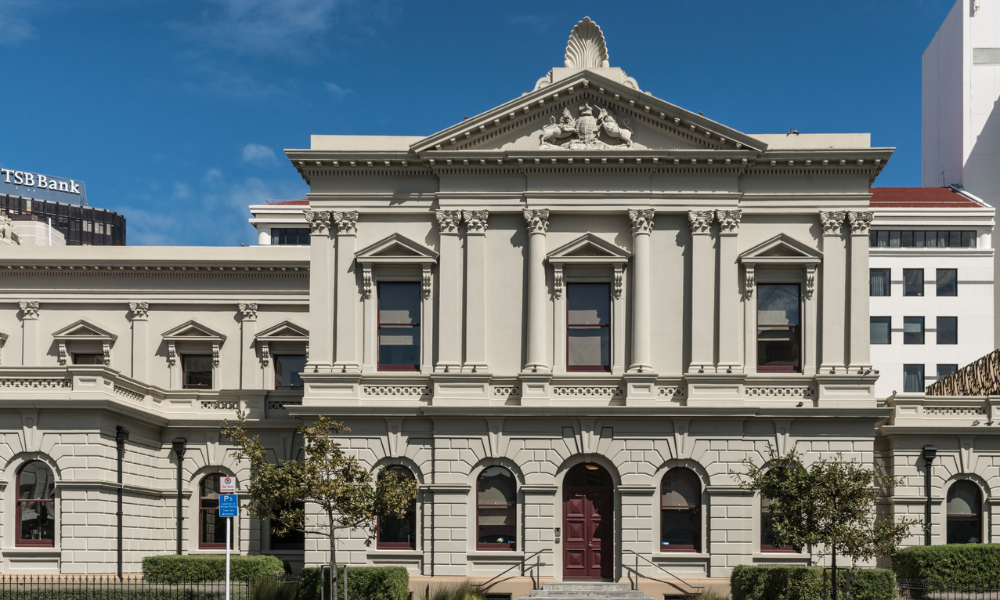
The top court affirmed the decision that primary misrepresentation was never made

The Supreme Court dismissed the application for leave to appeal in a joint venture agreement case, affirming the Court of Appeal's decision that alleged misrepresentations were not proven.
The applicants, Robert Luo and Anny Yip, entered into joint ventures with Annie Shiu, a property developer, to invest in the Pōkeno West area, anticipating a rezoning from rural to residential. They alleged that two misrepresentations by Shiu led them to invest: one about the necessity of real estate commission payments and the other about profit-sharing across the entire development. The high court found these misrepresentations to be in breach of the Fair Trading Act 1986, which awarded monetary compensation to the applicants. However, the court of appeal later found the primary misrepresentation was never made and quashed the high court’s judgment.
The applicants sought leave to appeal the court of appeal's decision, arguing it erred in its assessment of evidence, credibility findings, and application of the Fair Trading Act. They contended the appellate court overlooked the trial judge's advantages in evaluating witness credibility and limited the protective reach of the Fair Trading Act.
The respondents opposed the leave, stating the criteria for appeal were not met.
The Supreme Court found the proposed appeal did not raise questions of general importance or commercial significance. It noted that the Court of Appeal thoroughly reviewed the facts and acknowledged the high court's advantage in assessing witness credibility.
The supreme court saw the court of appeal's judgment as consistent with established principles, including those in Austin, Nichols & Co Inc v Stichting Lodestar, where appellate courts must form their own opinions rather than defer to lower courts' assessments.
The highest court also rejected the applicants’ claims of a miscarriage of justice. The supreme court held that the court of appeal's analysis was sound, particularly in handling the Fair Trading Act. The court of appeal had applied the decision in Red Eagle Corp Ltd v Ellis appropriately, emphasizing that the applicants affirmed the contracts despite knowing about the misrepresentations, thus undermining their claims for additional losses.
Ultimately, the court dismissed the application for leave to appeal and ordered the applicants to pay the respondents $2,500 in costs.